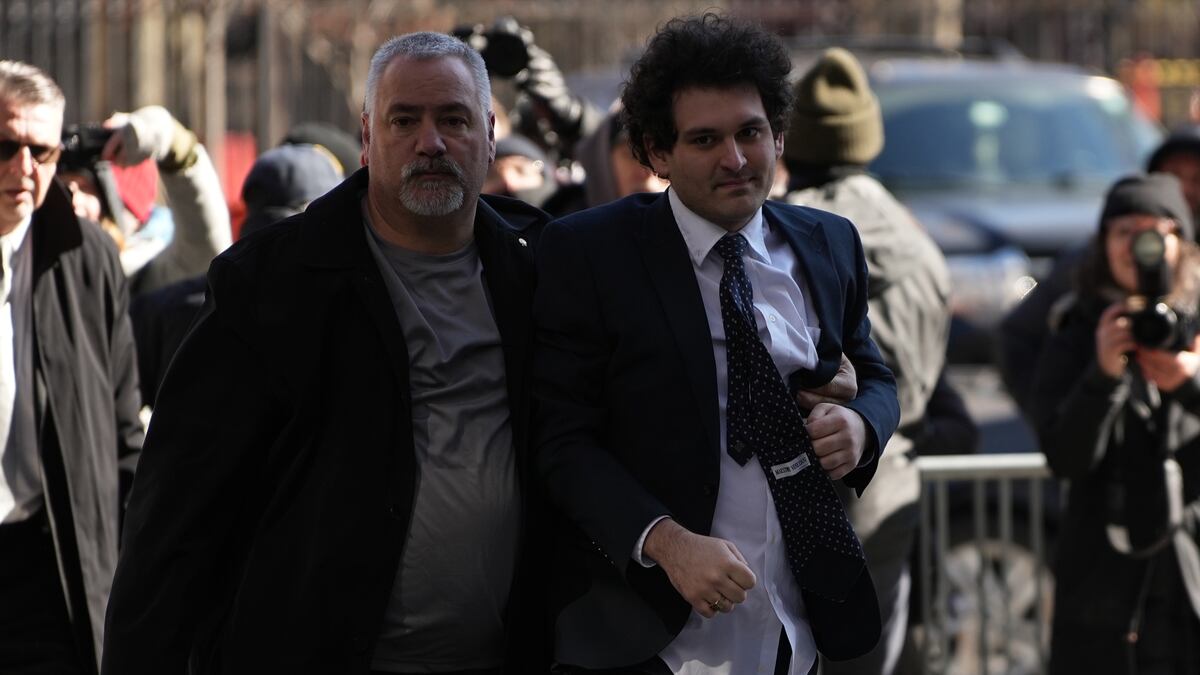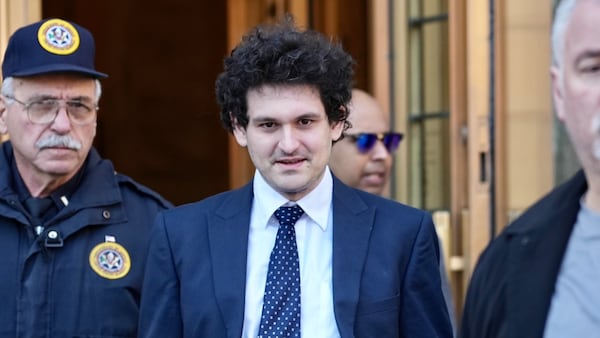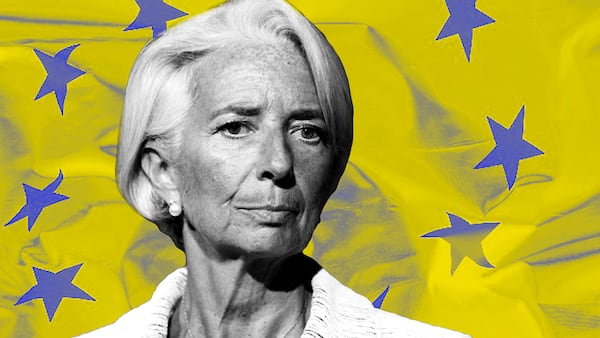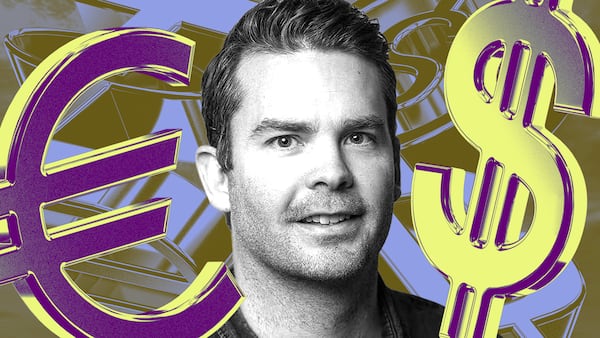- US lawmakers have drafted two crypto-friendly laws.
- But political brinkmanship and the fraud trial of Sam Bankman-Fried could kneecap the draft laws’ progress.
A version of this story appeared in our The Guidance newsletter. Sign up here.
Happy Monday!
Joanna here.
It’s not looking great for new crypto laws Stateside.
That may surprise those who’ve followed the news over the past 11 months.
Crypto firms like Coinbase and Binance — who are both facing their own legal woes — have ramped up their lobbying of US lawmakers this year. That seems to be paying off.
Two draft crypto laws have passed the House Financial Services Committee — one that would put in place market structure for crypto and one that would regulate stablecoins — this year.
However, the combination of disgraced crypto wunderkind Sam Bankman-Fried facing the music in New York and political squabbling in Washington has made the prospect of any tangible legislation hitting the desk in the Oval Office any time soon a diminishing possibility.
Let’s be clear, advancing out of committee is a big step for a bill to becoming law.
The full House of Representatives could have debated and advanced the two crypto bills this month.
But Republicans in Congress have done some silly things lately, which have paralysed lawmaking.
Far-right Republicans demanded deep cuts to public spending, almost forcing a government shutdown.
A spending bill squeaked through in the nick of time, but it cost House speaker Kevin McCarthy his job.
One of crypto’s staunchest allies in Congress, bowtie-sporting Republican Patrick McHenry, stepped into McCarthy’s role, temporarily.
McHenry has reportedly turned down prior opportunities to join party leadership.
He’s a respected figure on The Hill, and could be pressed into taking on the speaker role for good.
Regulation expert Sean Tuffy told DL News markets correspondent Adam Morgan McCarthy this would be a blow to getting the crypto legislation passed.
Here’s the rub: If McHenry became speaker, he would have to give up his chairmanship of the House Financial Services Committee.
“This would take a pro-crypto guy off the board, which could impact the attempts to get the crypto bill out the door,” Tuffy said.
The shutdown drama will push hearings on the crypto bills to late this year or early next.
But by then, the US will be kicking into a presidential election year, when lawmaking will take a backseat.
Still, a much larger and darker shadow looms over the crypto bills — the fraud trial of disgraced FTX founder Bankman-Fried.
The fallen crypto king has pleaded not guilty to seven criminal charges ranging from fraud to money laundering.
Bankman-Fried’s trial will make crypto a hot potato that few lawmakers will want to pick up.
While the industry argues that it’s a mistake to conflate FTX with crypto at large — fraud is found in every industry — that’s the kind of finer distinction that may be lost on voters.
Congresspeople will look also, perhaps, at their colleagues who were publicly wooed by Bankman-Fried and are now embarrassed about that, particularly as more information about those relationships comes to light during the trial.
Plus, Bankman-Fried was lobbying for a bill that would give responsibility for the crypto industry to the Commodity Futures Trading Commission, rather than the Securities and Exchange Commission.
The mooted market structure bill does a similar thing, giving most responsibility to the CFTC over the SEC.
So it’s difficult to see how a bill that bears at least a passing resemblance to some aspects of the one Bankman-Fried backed could find widespread support in Congress during his high-profile fraud trial.
Have thoughts or tips about crypto regulation? Reach out to me on email joanna@dlnews.com or Telegram @joannallama



